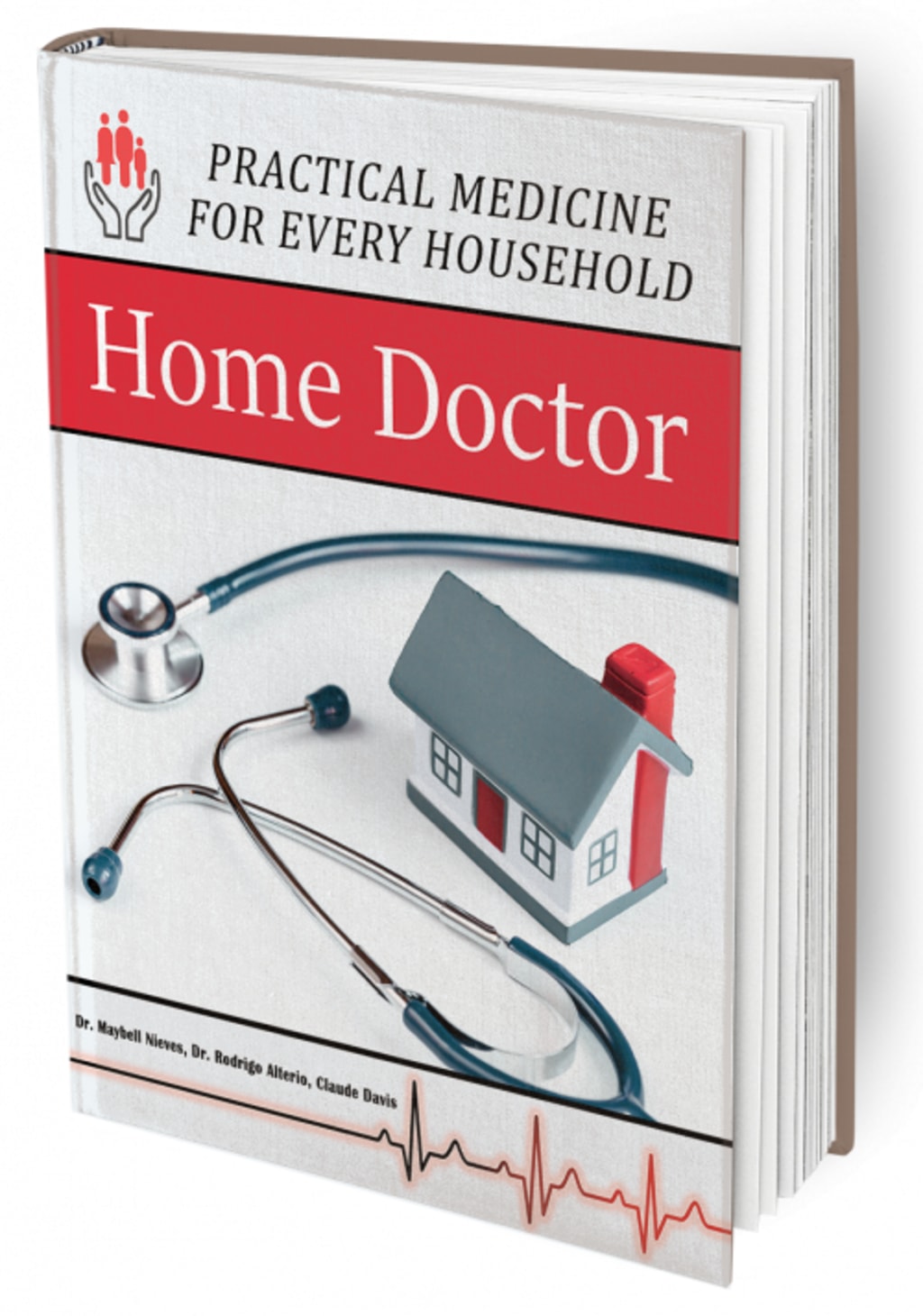Home Doctor
health, survival, remedies

A home doctor, also known as a house call doctor or a mobile doctor, is a medical professional who provides medical care to patients in their own homes. This type of care is typically provided to patients who are unable to visit a doctor's office or hospital due to physical limitations, such as a disability or mobility issue, or for those who prefer the convenience and comfort of receiving medical care in their own homes.
Home doctors may provide a range of services, including routine check-ups, diagnosis and treatment of common illnesses, management of chronic conditions, and support for recovery from injury or illness. They may also coordinate care with other medical professionals, such as specialists, as needed.
In some cases, home doctors may be part of a larger medical practice, while in others they may be independent practitioners. It's important to check with your insurance provider to determine if home doctor visits are covered under your plan, as well as to verify the credentials and qualifications of any home doctor you are considering.
If you are interested in receiving medical care from a home doctor, it's best to speak with your regular healthcare provider for recommendations, or to contact local medical practices that offer this service to learn more about your options.
Becoming a home doctor requires a significant amount of education and training, and the process typically begins with obtaining a degree in medicine from a medical school. Here are the steps you can follow to become a home doctor:
Obtain a bachelor's degree: Most medical schools require applicants to have a bachelor's degree in a related field, such as biology, chemistry, or physics.
Take the Medical College Admissions Test (MCAT): This standardized test is used to assess your knowledge and skills in the natural sciences, verbal reasoning, and writing skills.
Attend medical school: After obtaining a bachelor's degree and passing the MCAT, you can apply to medical school to receive further training in the medical field.
Complete a residency program: After completing medical school, you will need to complete a residency program in a specialty such as family medicine or geriatrics, which will provide additional training in the specific area of medicine you want to specialize in.
Obtain a license to practice medicine: Once you have completed your residency, you must pass a certification exam and obtain a license to practice medicine in your state.
Read books and attend conferences related to home doctor practice: To become knowledgeable about the specific practices and requirements of being a home doctor, you may want to read books and attend conferences on the topic.
Start your practice: After completing the necessary education and training, you can start your own home doctor practice or join a larger medical practice that offers home doctor services.
Keep in mind that becoming a home doctor is a long-term commitment that requires extensive education and training, as well as ongoing continuing education to stay current on the latest medical developments and practices.
Reading books and other educational materials can be a helpful supplement to your education and training, but they cannot replace the practical experience and training required to become a licensed physician. If you are interested in practicing medicine, it is essential to complete the necessary education and training and to follow all legal and ethical requirements for practicing medicine in your state or country.
Taking care of yourself or a loved one at home can require a significant amount of effort and attention, but it can also be a rewarding experience that allows for more control and flexibility in the care process. Here are some tips for taking care of someone at home:
Establish a daily routine: Establishing a daily routine can help ensure that all necessary tasks, such as bathing, eating, and taking medication, are completed on time.
Create a safe environment: Remove tripping hazards, secure loose rugs, and make any necessary modifications to the home to make it safe for the person you are caring for.
Stock up on necessary supplies: Make sure you have all the supplies you need, such as medical equipment, personal care items, and over-the-counter medications, to provide care at home.
Stay organized: Keep track of medical appointments, medication schedules, and other important information to ensure that the person you are caring for is receiving the best care possible.
Keep the person you are caring for involved: Encourage the person you are caring for to be as active and involved as possible, whether it's participating in activities, making decisions about their care, or simply spending time with friends and family.
Take care of yourself: Caring for someone at home can be physically and emotionally demanding, so it's important to make time for self-care and to seek support from friends, family, or a support group when needed.
Consult with healthcare providers: Regularly consult with healthcare providers, such as a doctor or nurse, to ensure that the person you are caring for is receiving appropriate care and to address any concerns or questions you may have.
By following these tips and working closely with healthcare providers, you can help ensure that the person you are caring for is receiving the best possible care at home.
https://www.digistore24.com/redir/394659/maksunn22/





Comments
There are no comments for this story
Be the first to respond and start the conversation.